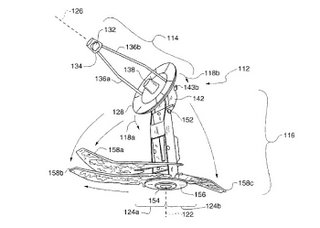 When you are trying to make something it can be useful to take a look at what others have done before you. Which problems did they encounter and what is the solution they used. This is not patent fraud or something like it, it is making use of the knowledge available to the public. Patent offices are a goldmine for inventers and engineers the problem for a long time was that if you wanted something from the patent office you needed to know what you wanted.
When you are trying to make something it can be useful to take a look at what others have done before you. Which problems did they encounter and what is the solution they used. This is not patent fraud or something like it, it is making use of the knowledge available to the public. Patent offices are a goldmine for inventers and engineers the problem for a long time was that if you wanted something from the patent office you needed to know what you wanted.You had to go to the patent office counter and requested a copy of the documents; this was making it somewhat more difficult to find what you wanted to know. Some patent offices did give you access to the archives where you could spend your days reading document after document. Some patent offices even started to provide you the knowledge via the Internet and now Google is catching up by launching a Google patent search engine where you can search for the complete patent documents.
Beside the fact that you could learn a lot that can help you develop a new product it can also be good fun to read some of the patents for some strange products, or finally find out why they in the name of God created the thing as it is………










